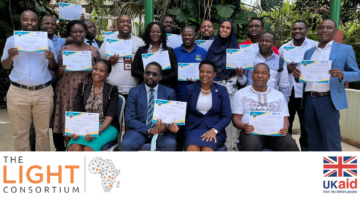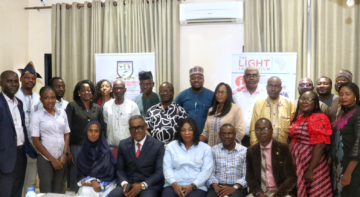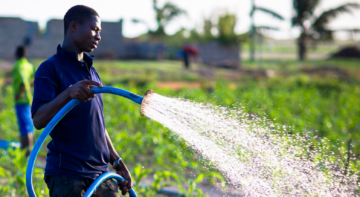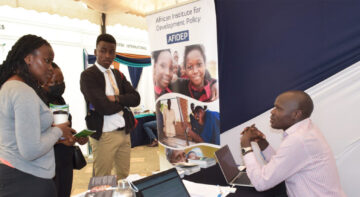Blogs
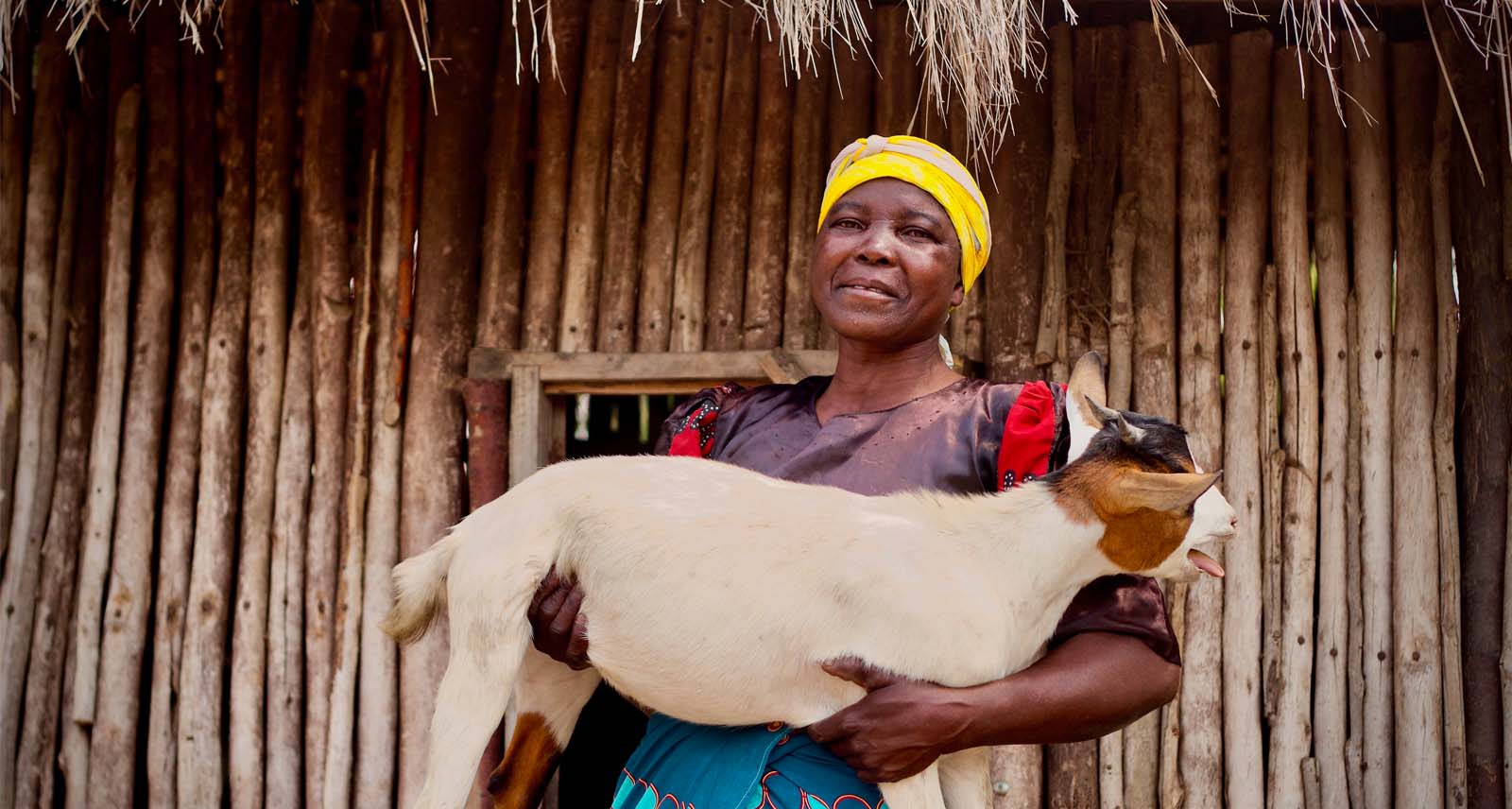
Rural women are the backbone of communities, playing an indispensable role in supporting their households, getting food and nutrition security, generating income, and improving rural livelihoods. According to Oxfam, rural women account for nearly half the agricultural workforce in developing countries. They not only contribute to agriculture and rural enterprises, but they are also the source of global food security powering local and global economies. Empowerment of women in rural settings is requisite for sustainable food production, gender equality, climate action, health and realising the Sustainable Development Goals (SDGs), including Zero Hunger (Goal 2) and Gender Equality (Goal 5). The Food and Agriculture Organization (FAO, 2011), claim that women account for 43% of the agricultural labour force in developing countries, with more than 50% in parts of Africa and Asia.
Nevertheless, rural women and girls continually face gender-based inequalities, impeded channels of income, and discriminatory gender norms and practices which encumbers their efforts to improve their lives and those of their community. Furthermore, the COVID-19 global pandemic has negatively impacted their access to sexual and reproductive health services due to the reallocation of resources and priorities, as well as their access to social protection. This disruption to crucial health services has brought on further complexity to rural women and girls who are more likely to have unmet need for family planning services as compared to their urban counterparts. The pandemic, alongside climate and environmental crises, have also worsened food insecurity and well-being in many parts of the world. According to the United Nations’ Secretary General’s report on “Our Common Agenda, “significant loss of income and limited access to social protection fuelled this problem with approximately 2.37 billion people not having access to adequate food in 2020 – an increase of almost 20 per cent or 320 million people in just one year.
Women produce more than 50 per cent of the food grown worldwide. Because of their role of supplying their families with food and care, rural women have particular knowledge of the benefits and diverse use of plants for nutrition, health and income value. Rural women are powerful agents for promoting transformational economic, environmental and social changes required for sustainable development and effective responses to climate change. To realise a more sustainable world, rural women and girls must have a more active role in environmental planning, finance, budgeting and the policymaking process. Moreover, a recent evaluation of the Joint Programme on Rural Women’s Economic Empowerment by FAO, IFAD, UN Women and WFP, reiterates the need for an integrated approach to supporting rural women’s livelihoods. Key areas that must be addressed include discriminatory social norms and increasing agricultural productivity, which can lead to a more gender-responsive policy environment and enhanced food security and nutrition outcomes.
This International Day of Rural Women, we celebrate rural women and girls for their resilience and their contributions to global agricultural production, food security and nutrition, land and natural resource management, and climate change mitigation.
Related Posts
